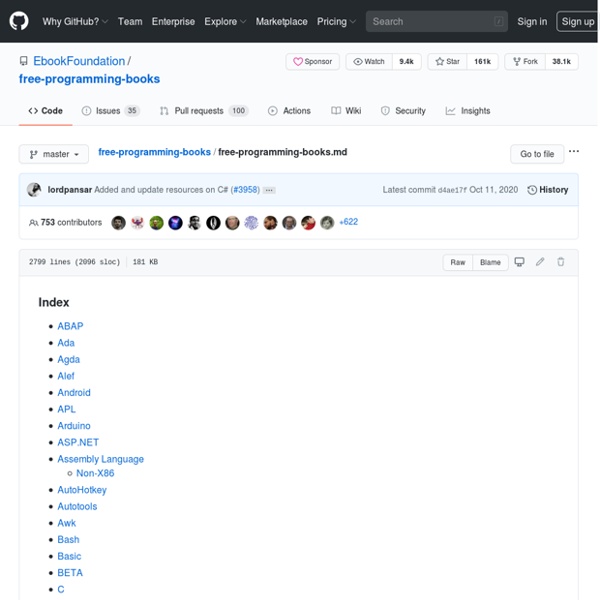



Making Money When all the Industry Wants is Free Beer – The Business Behind jOOQ I was terrified. After 5 years of doing jOOQ as an all Open Source project between 2008 – 2013, I suddenly switched to commercial licensing. Will I be ripped to pieces?Will the community hate me?Will there be an unfriendly fork? This blog post will show that my fears 5 years ago were completely unjustified. What I did may not work for everyone. Or, you have not even started yet, and think about how to proceed. Trust me. Open Source Software For ages, I have profited myself from the abundance of free, quality software in the developer ecosystems. The employer that did PHP ran on… PHP, which is Open Source. The same is true for the employers that did Java, which is Open Source, these days more than ever. Open Source is so abundant, that commercial software has become extremely rare among libraries. The Business of Enterprise Software Bill Janeway said in his talk at Business of Software 2018 in London: Once upon a time, enterprise software was a safe bet for entrepreneurs and investors.
Organicity in abstract strategy games – Nick Bentley Games Note: This post wasn’t written by me (Nick Bentley), but rather by one of my game design mentors, Christian Freeling: Christian is an éminence grise in the world of combinatorial games and I wouldn’t be the designer I am without him. He’s designed some of the best games in the world, imo, but deep combinatorial games are rarely published, so his accomplishments aren’t widely known. In any case, it’s an honor to present the essay below. You can read more by Christian at his website, Mindsports. Organization of this Essay Chess and Go Organicity in abstract strategy games may be defined as “the degree to which a game’s behaviour may be perceived as organic, or ‘life like'”. If we look at both games in fast-forward, the behaviour of Chess looks mechanical. Go actually is about growth and life and death so seeing it as something alive isn’t totally weird, but in my case it was the first time it came to me and it instantly made me understand the game on a different level. Cycles and suicide
Chatbots were the next big thing: what happened? Oh, how the headlines blared: “…the 2016 bot paradigm shift is going to be far more disruptive and interesting than the last decade’s move from Web to mobile apps.” Chatbots were The Next Big Thing. Our hopes were sky high. And why wouldn’t they be? Messaging was huge! Plus, it was becoming clear that supply massively exceeded demand when it came to those pesky, hard-to-build apps. At the Mobile World Congress 2017, chatbots were the main headliners. In fact, the only significant question around chatbots was who would monopolize the field, not whether chatbots would take off in the first place: “Will a single platform emerge to dominate the chatbot and personal assistant ecosystem?” One year on, we have an answer to that question. No. Because there isn’t even an ecosystem for a platform to dominate. Fooled by another hype cycle Chatbots weren’t the first technological development to be talked up in grandiose terms and then slump spectacularly. The age-old hype cycle unfolded in familiar fashion…
Aiming to fill skill gaps in AI, Microsoft makes training courses available to the public As a software engineer at Microsoft, Elena Voyloshnikova’s job is to make informed recommendations about how to improve the performance of software engineering tools. But too often, she spends her days manually analyzing the data she needs to make those decisions. Lately, her team has been discussing the potential of building machine learning models to automate that task – creating more time to focus on the decision-making. That’s why she was intrigued when she received an email announcing an upcoming AI training session for Microsoft employees. “I asked my manager, ‘Can I go to this?’” Voyloshnikova was one of more than 1,200 employees who attended the session in person or via livestream – an audience size that reflects the desire even of people who work in technology companies to better understand AI. To address that need, Microsoft routinely offers AI training sessions to its employees and is increasingly opening similar types of training to the public. AI training for all Career growth